The allure of the wild is a fascinating concept when it comes to domesticated animals. Throughout history, dogs have played an indispensable role in human societies, but have you ever wondered which dog breeds could thrive if they found themselves back in the untamed wilderness? Some breeds possess inherent instincts, physical attributes, and mental resilience that would give them a fighting chance in the wild. Let’s explore thirteen dog breeds that could potentially survive without human intervention.
13. Alaskan Malamute
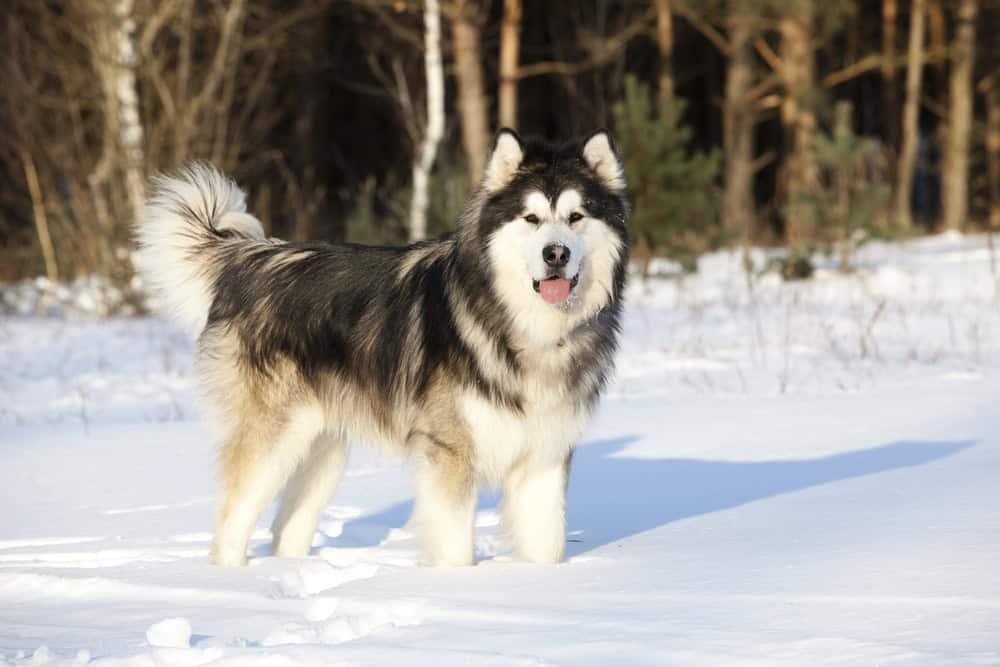
The Alaskan Malamute is a robust and powerful breed that hails from the cold Alaskan wilderness. Known for their endurance and strength, these dogs were originally bred to haul heavy sleds across frozen terrains. Their thick double coats provide insulation against harsh weather, and their keen ability to hunt makes them exceptional survivors. In the wild, a Malamute’s instinctual skills would allow it to locate food and navigate challenging environments with ease.
12. Siberian Husky
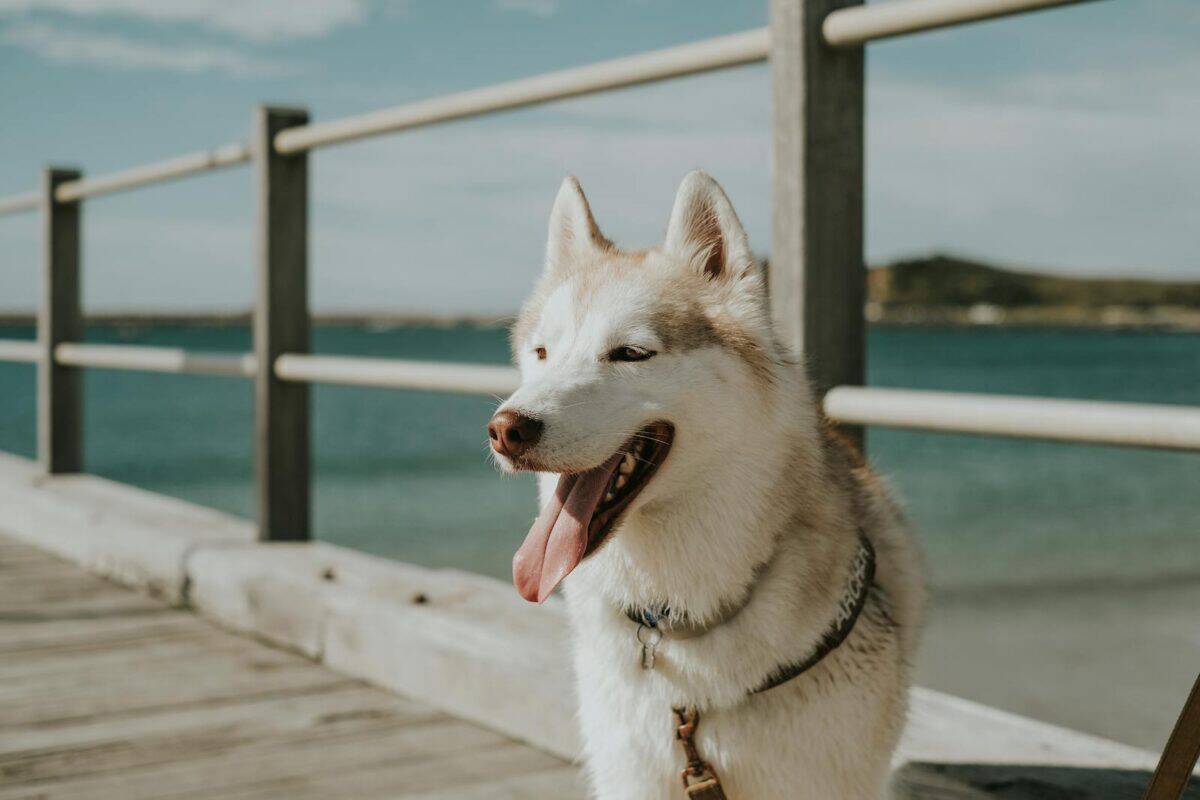
The Siberian Husky is another breed built for endurance in freezing climates. With their incredible stamina and agility, Huskies were created to travel long distances quickly. They possess a strong prey drive and pack mentality, both valuable when living independently. Their ability to conserve energy and find food in the harshest conditions could ensure their survival outside domestication.
11. Basenji

Originating from Central Africa, the Basenji is known for its hunting prowess. This breed is agile, alert, and possesses a strong prey drive that is useful in capturing small animals. Without the dependency on barking, which may give their position away in the wild, Basenjis use mimic community sounds to communicate with their human counterparts. Their adaptability to different scenarios makes them potential survivors in the wild.
10. Australian Cattle Dog

The Australian Cattle Dog is resilient and intelligent, bred primarily for herding cattle over long distances in tough environments. Known for their problem-solving abilities and high energy levels, they can adapt to various situations. With strong hunting instincts and the capability to work independently, this breed exhibits qualities that could aid in surviving in the wilderness.
9. Shiba Inu
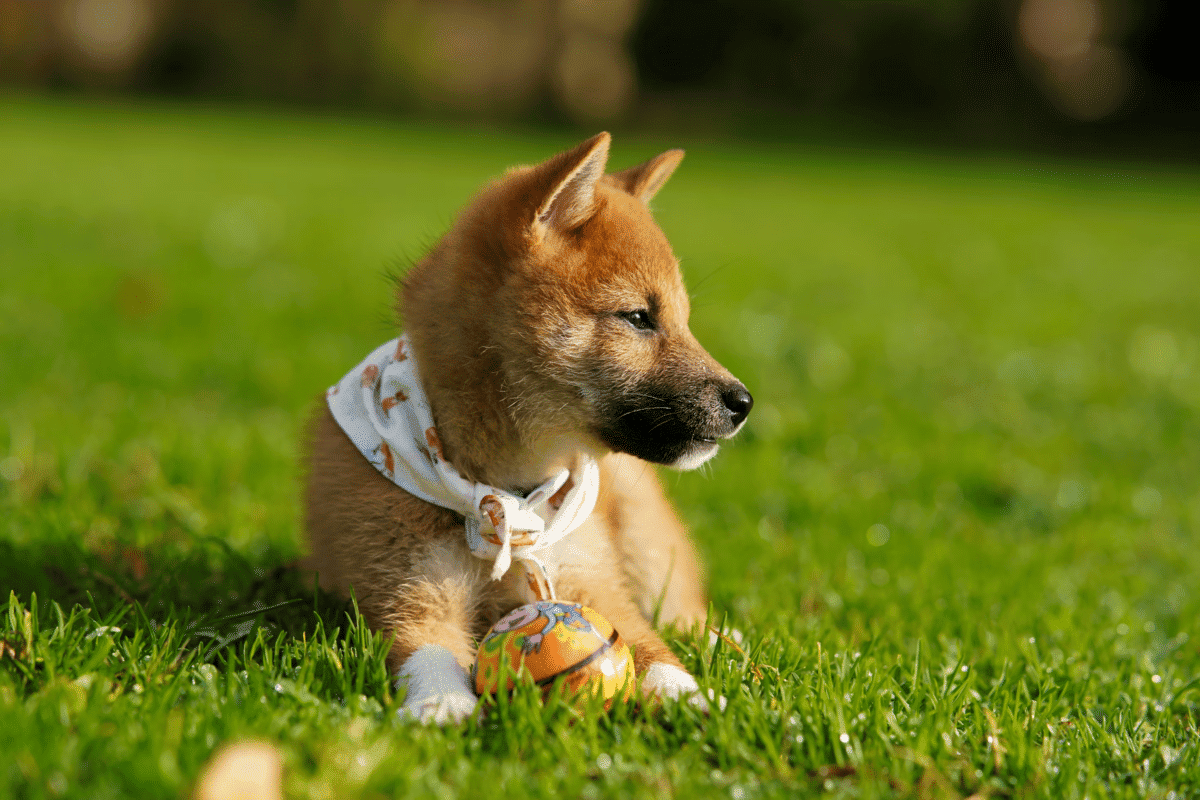
The Shiba Inu, a Japanese native, is a breed with acute senses and independent nature. Historically used for hunting, Shiba Inus possess excellent vision, smell, and alertness. Unlike many other domesticated dogs, Shiba Inus have retained much of their primal instincts, which would serve them well in the wild. Their cautious yet bold nature makes them adept at navigating through potential threats.
8. Akita

Another formidable breed from Japan, the Akita, was originally used for hunting large game like boar and deer. With a powerful physical presence, strong protective instincts, and a thick coat, Akitas are well-equipped to handle both prey and environmental challenges. Their natural guarding instinct would allow them to defend themselves effectively in a wild scenario.
7. German Shepherd

The German Shepherd is renowned for its intelligence, strength, and versatility. Often used in police and military work, this breed is highly trainable and possesses strong survival instincts. Their problem-solving capabilities and loyalty make them excellent pack leaders, vital in a wild pack dynamic. Coupled with their physical prowess, German Shepherds could thrive in natural settings.
6. Norwegian Elkhound

The Norwegian Elkhound is a resilient breed with a heritage of hunting large game, such as elk, in harsh Nordic climates. These dogs are known for their bravery and resourcefulness. Elkhounds have a keen sense of smell and tracking ability, which are crucial for locating food in the wild. Furthermore, their thick coat provides protection against severe weather.
5. Doberman Pinscher
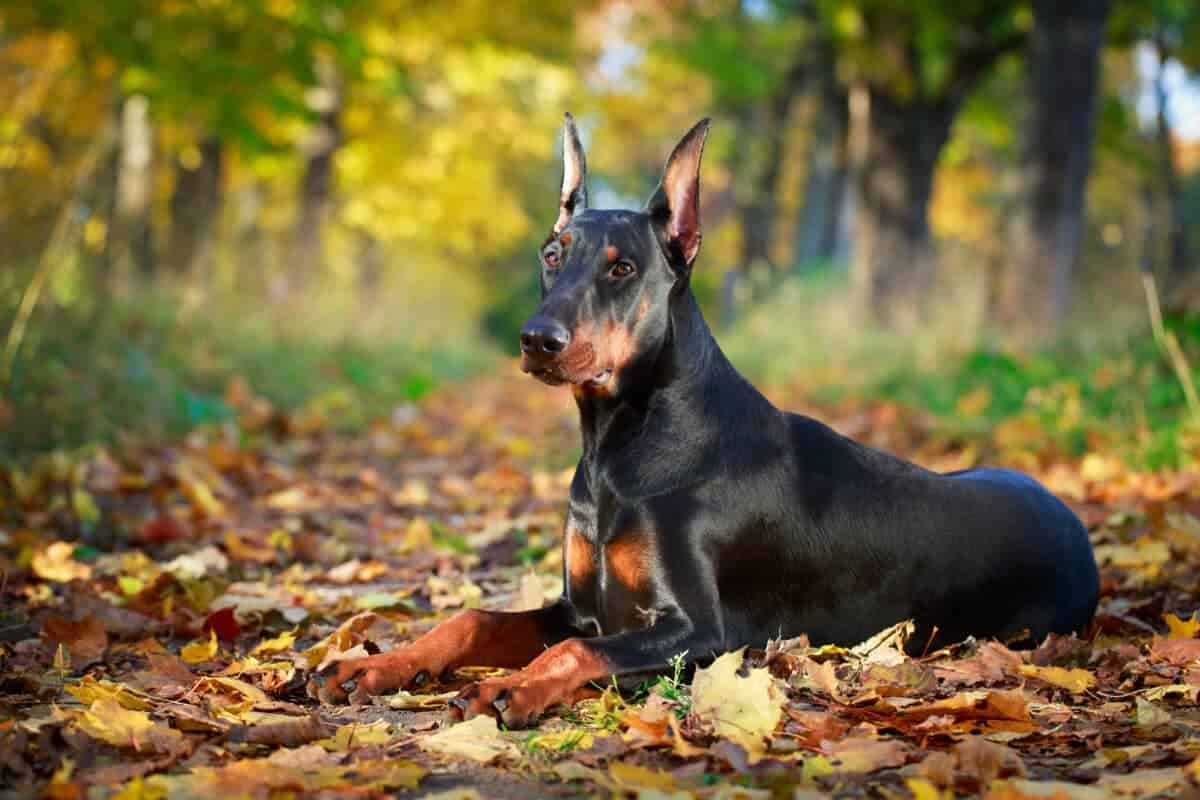
The Doberman Pinscher is a breed characterized by intelligence, loyalty, and an innate guarding ability. Created initially for personal protection and police work, Dobermans have a fearless disposition that is essential for survival. They can assess situations quickly and react with the necessary actions, be it hunting or defending themselves against predators.
4. Irish Wolfhound

One of the largest dog breeds, the Irish Wolfhound exhibits strength and gentle demeanor combined with strong hunting instincts. Originally bred to hunt wolves and large game, these dogs are capable runners with a strategic approach to hunting. Their size and speed would allow them to pursue large prey effectively, ensuring their survival in the wild.
3. Belgian Malinois
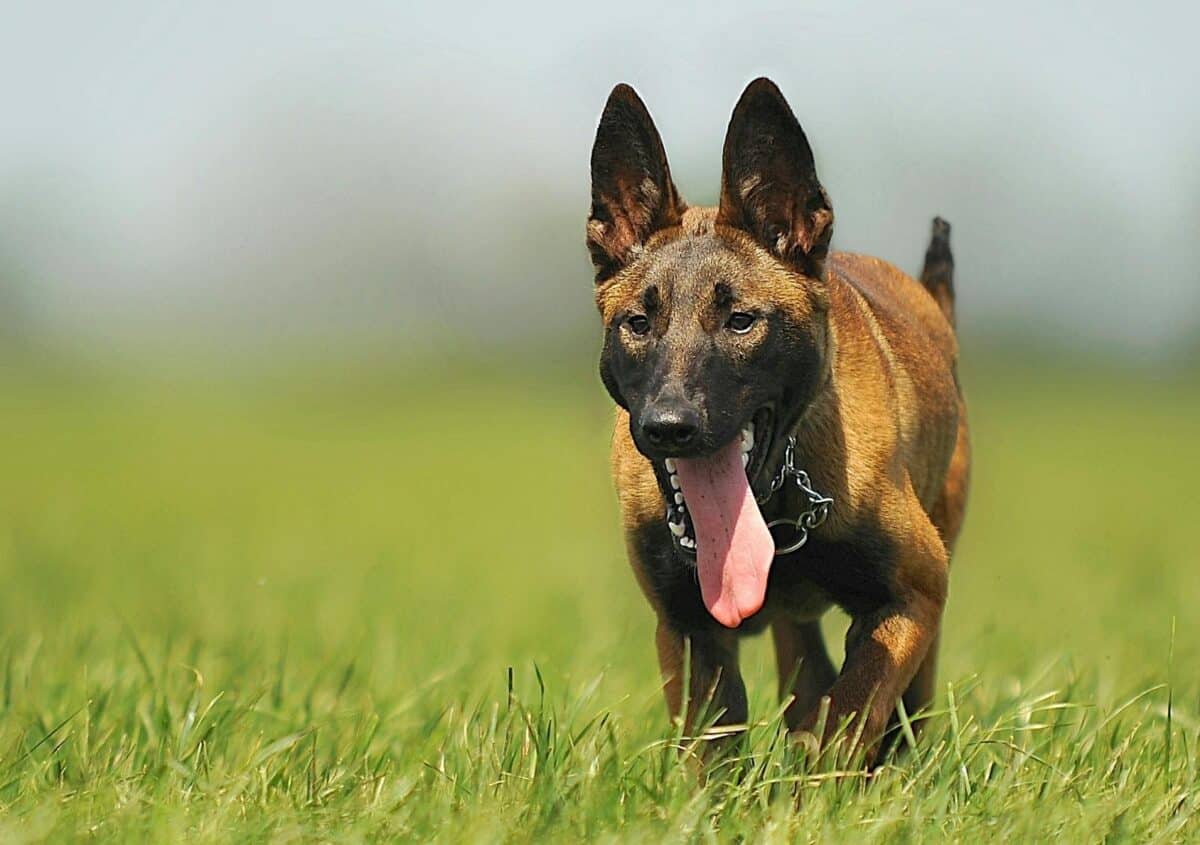
The Belgian Malinois is an intelligent and versatile breed often seen in roles such as law enforcement and military service. With high energy levels, exceptional trainability, and problem-solving skills, Malinois are natural survivors. Their keen sense of smell and tracking capabilities make them proficient hunters and gatherers.
2. Chow Chow

Chow Chows are distinctive with their lion-like mane and ancient lineage. Historically used as hunting and guard dogs in China, these dogs have maintained a degree of independence and aloofness. Their robust build and protective coat enable them to withstand colder temperatures, while their guarding instinct ensures self-preservation in the wild.
1. Poodle
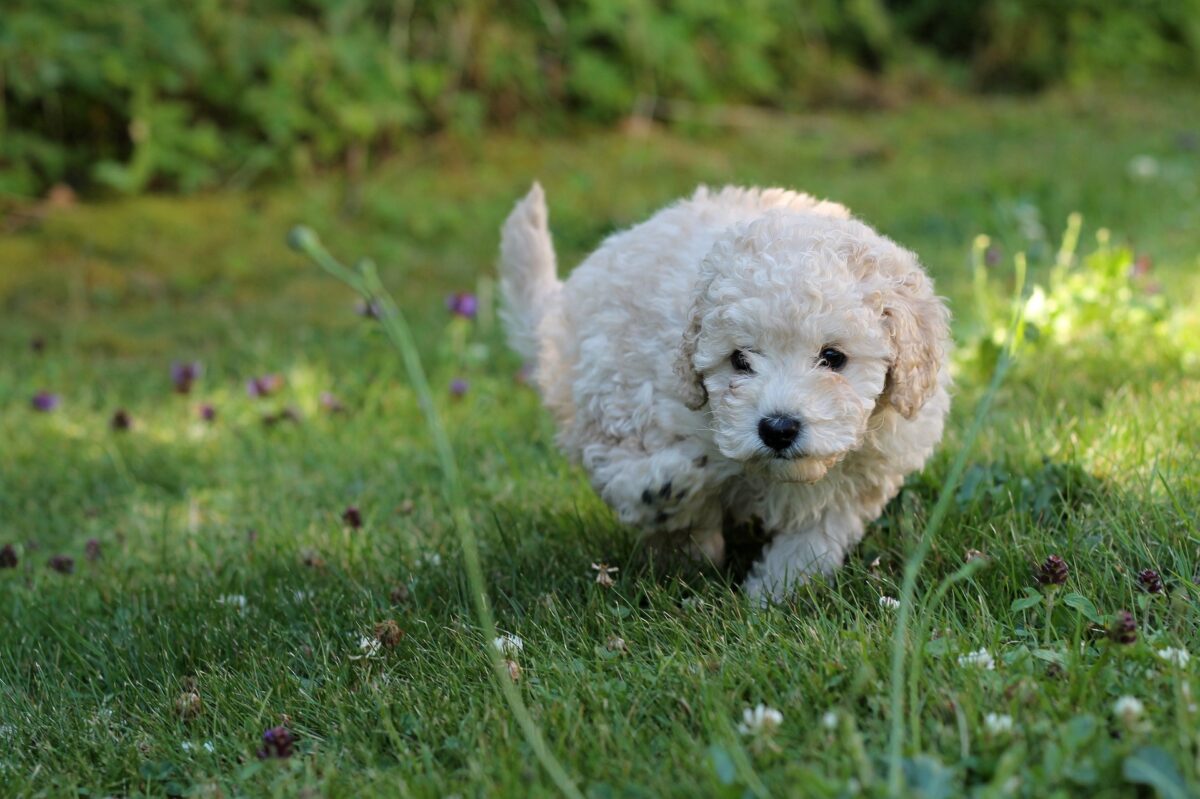
Though often remembered for their elaborate grooming in dog shows, Poodles are highly intelligent and resilient. Originally bred as water retrievers, Poodles have sturdy builds and a strong work ethic. Their adaptability to different environments and quick learning ability can serve them well should they find themselves relying on their instincts in the wild.
In conclusion, while many dog breeds have become accustomed to the comforts of domestic life, some retain the instincts and abilities needed to survive in the wild. Whether through their physical traits, intelligence, or natural instincts, these breeds demonstrate the incredible adaptability and resilience of dogs. These traits remind us of the enduring bond between dogs and their ancestral roots, showcasing their potential to thrive even outside human care.
- The Wild Mustangs of Nevada Are a Living Piece of American History - August 16, 2025
- Why Flamingos Stand on One Leg - August 16, 2025
- 10 Dog Breeds That Are Incredibly Loyal to Their Owners - August 16, 2025

